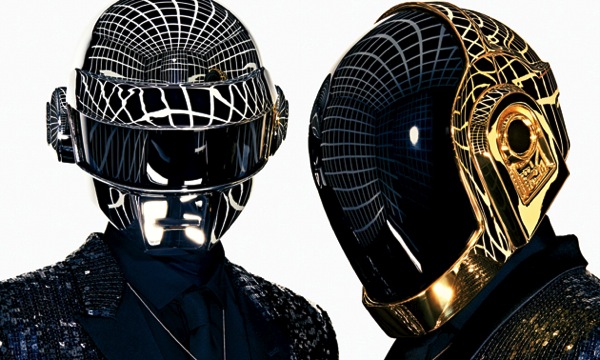
There is so much happening, so fast, in the world of marketing that I would never have guessed as a “social media guy.”
First, the rise of the growth hacker. This is a term familiar to basically all people who work at startups, but few outside of it, as of yet, yet it means that engineers are taking marketing jobs left and right and will continue to, basically forever, because they’re better at it. This post was over a year ago and still everybody acts like nothing has changed.
Also, there is the fact that marketing is largely becoming about algorithms, instead of catchy jingles. How it’s become about optimization instead of “grand openings” or “launch dates.” Data instead of instinct.
Third, there is the destruction of “influencer marketing,” and the realization of how destructive it can become to try and seek out attention when a product is, at the outset, broken and / or uninteresting.
There are so many more trends like this, all basically pointing to the fact that your marketing job is about to become obsolete.
You are about to be replaced with a junior engineer, 23 years old, maybe without a degree, who makes half of what you make and gets better results. It’s just going to happen.
God help you if you actually got a marketing degree.
Conclusion: We have no choice but to evolve.
“Community” is not enough.
“Influence” is not enough.
Nothing but quickly shipped, highly interesting product, rapidly iterated and tightened with viral loops will get you where you need to go.
Segue into a quick story.
I am on a marketing panel in Montreal a few months back that Ray Hiltz set up about content marketing, I think. Doing my thing, which is generally to push the envelope.
I start saying that people have to go further and do more, that their stuff is usually more boring than they think it is, and that they have to try harder.
Another panelist asks me why. And this is when I begin to channel Aaron Wall from back in my SEO days.
The answer as to why we should be doing everything harder, better, faster, stronger is because otherwise, your competition will.
So it’s not really about you, but about the ecosystem. You have to be the #1 player, because the #1 player gets all the spoils (80/20 rule works in SEO and everywhere else).
And you only become the #1 player by beating whatever would become #1 otherwise. Your competition is at your heels.
And here’s the thing. Being more hardcore doesn’t mean you’ll win. It just means you get a shot.
Back to my point, which is about engineers vs marketers.
The world is becoming increasingly directed by machines. Those machines are only partially comprehensible to non-technical people.
Non-technical people are realizing they can create viral products exclusively through tweaking and that is has little to nothing to do with or advertising awards or “viral videos.”
They realize that they can sell their companies by doing this and make more money than the next guy.
Two types of engineers begin to emerge: the highly technical, build-hard-stuff engineer, and then the half-engineer, half-marketer, whose job it is to build things like the first Craigslist hack that made Airbnb take off. (Note: It wasn’t a viral video that made them popular.)
And this is the guy that wants your job. And If you don’t believe me, you should believe Fred Wilson who just blogged about this today: If You Aren’t Technical, Get Technical.
I don’t know about you, but I am personally regretting my “I’m too lazy to work at math, engineering, and science” attitude from high school. I was good at it, but I was lazy. Listen to your parents, kids.
So what’s the solution?
Personally, on my team, I like it when people go to Codecademy, even if they are not technical, and especially if they interface with engineers on a daily basis (hint: everyone interfaces with engineers). It not only gives them an impression of code as craft but also lets them understand the why behind everything.
As a bonus, they can become vaguely technical, or about 5% technical, which as we all know is infinitely better than zero. P.S.: HTML does not count as technical.
For you, personally, the marketer reading this, just like the engineer, you have two options:
A. Become the half-marketer, half-engineer that the industry will shortly demand.
B. Do the opposite and become so high level that you only strategize. Think Mitch Joel, Seth Godin, and all those other guys. They are the soft skills guys, and they are good at it.
But here’s the thing: you can get to a high level of B, and you’re good– but only the 1% truly profit here. No one’s dying to give away options in companies where people are spouting truisms / truthiness on blogs. Only the A guys get that. They become Dave McClure. The B guys get to run agencies. Your choice.
Hope I made you think. Cheers.
Leave a Reply